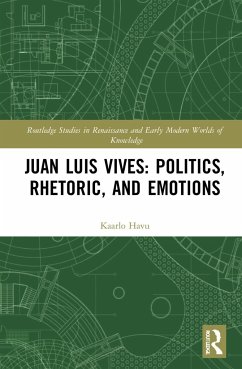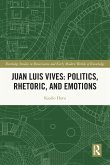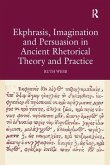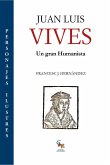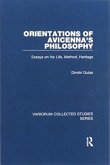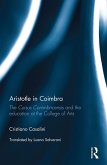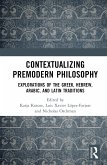By looking at rhetoric and politics, this book offers a novel account of Juan Luis Vives' intellectual oeuvre. It argues that Vives adjusted rhetorical theory to a monarchical context in which direct speech was not a possibility, demonstrated how Erasmian languages of ethical self-government and political peace were actualised rhetorically and critically in a princely environment, and finally, rethought the cognitive and emotional foundations of humanist rhetoric in his late and famous De anima et vita (1538). Ultimately, towards the end of his life, Vives epitomised a distinctively cognitive view of politics; he maintained that political concord was not a direct outcome of institutional or legal reform or of the spiritual transformation of the Christian world (an optimistic Erasmian interpretation) but that concord could only be upheld once the dynamics of emotions that motivated political action were understood and controlled through responsible rhetoric that respected decorum and civility.
Bitte wählen Sie Ihr Anliegen aus.
Rechnungen
Retourenschein anfordern
Bestellstatus
Storno

